
Building Trust
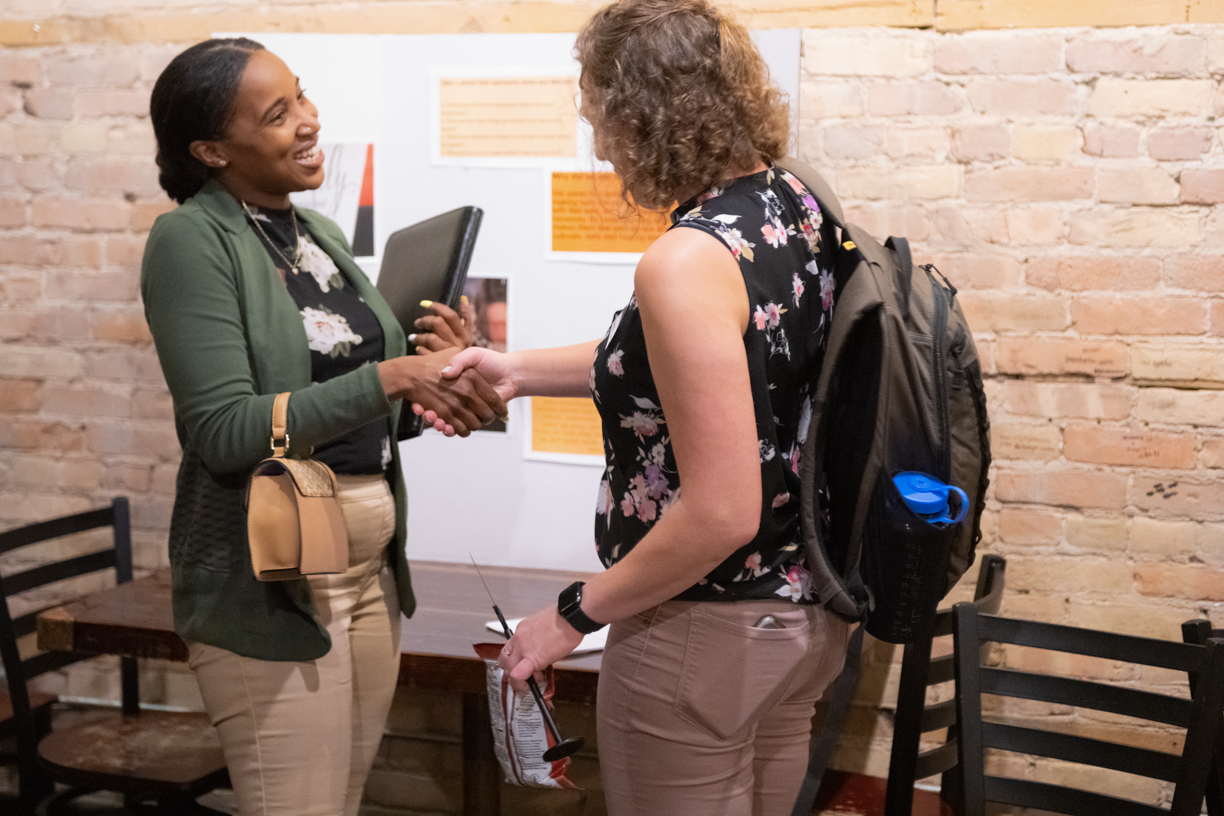
Building trust in COVID-19 vaccination and other public health interventions is fundamental to the work of public health and efforts to end the COVID-19 pandemic. We can build trust by combating misinformation, supporting trusted messengers and networks, improving our trustworthiness, and deepening relationships that engender trust over time. Building trust between public health and communities facilitates acceptance of public health interventions and can cultivate an equitable COVID-19 response now and conditions for well-being in the future.
Themes
-
- Trust is foundational to public health. Trust is foundational to the work of public health. It can help us expand vaccination and implement community mitigation strategies and other strategies to end the COVID-19 pandemic and advance a robust and sustainable public health system for the future.
- We must build back trust. Public trust and trust in institutions have declined in recent years. This is a backdrop to pervasive distrust in government, public health, and medicine that threaten the success of our efforts to end the COVID-19 pandemic and advance equity.
- An equitable COVID-19 response requires trust building. To end the COVID-19 pandemic we must build trust in vaccination, contact tracing, testing, and other measures. Building trust helps facilitate acceptance of public health measures and mandates, overcome barriers to trust, and reinforce good health behaviors.
- Together we can overcome barriers to trust. Building trust requires humility, empathy, and accountability; it requires us to meet communities where they are, show up as authentic partners, listen, co-lead, work with trusted messengers, and communicate to combat misinformation.
Equity & Systems
Many communities of color have suffered innumerable harms under our health care and public health systems–going back generations–and have good reasons for distrusting government, public health, research, and medicine. We can build trust by becoming more deserving of it, and fostering authentic, deep, respectful relationships with community partners for health equity.
Featured Resources

This article examines vaccine hesitancy, with a focus on COVID-19 vaccines. It discusses concerns and conspiracy theories driving COVID-19 vaccine hesitancy, the need for compassion in vaccine education, levels of trust in individuals and institutions that discover, develop, and deliver vaccines, and more.

This webinar features a panel of public health leaders who address how to build confidence and trust in COVID-19 vaccines and discuss effective communication strategies, including language that works to improve vaccine acceptance.

This policy brief focuses on how historic maltreatment of communities of color and tribal nations, along with current day structural racism, have created distrust of government and healthcare in many communities of color and tribal communities. It provides six key recommendations on policy actions to help build trust in and access to COVID-19 vaccines.

This article highlights the importance of and need for reliable, high-quality COVID-19 surveillance data. It provides a detailed chart of suggestions on how to improve the validity and interpretation of COVID-19 data by laying out commons issues, examples of misleading statements, and advices on how to better collect, display, and convey data.

This report provides tools and information on community engagement in the era of the COVID-19 pandemic. It defines community engagement, provides a blueprint for community assessment, guides through potential implementation strategies, and offers additional resources.
Related Resources
Search for resources in Building Trust
Suggested Searches:


Making Spaces Inclusive and Accessible: A Conversation on Intellectual Disabilities and Equity

Disability Health

Fueling Sickness: The Hidden Health Costs of Fossil Fuel Pollution
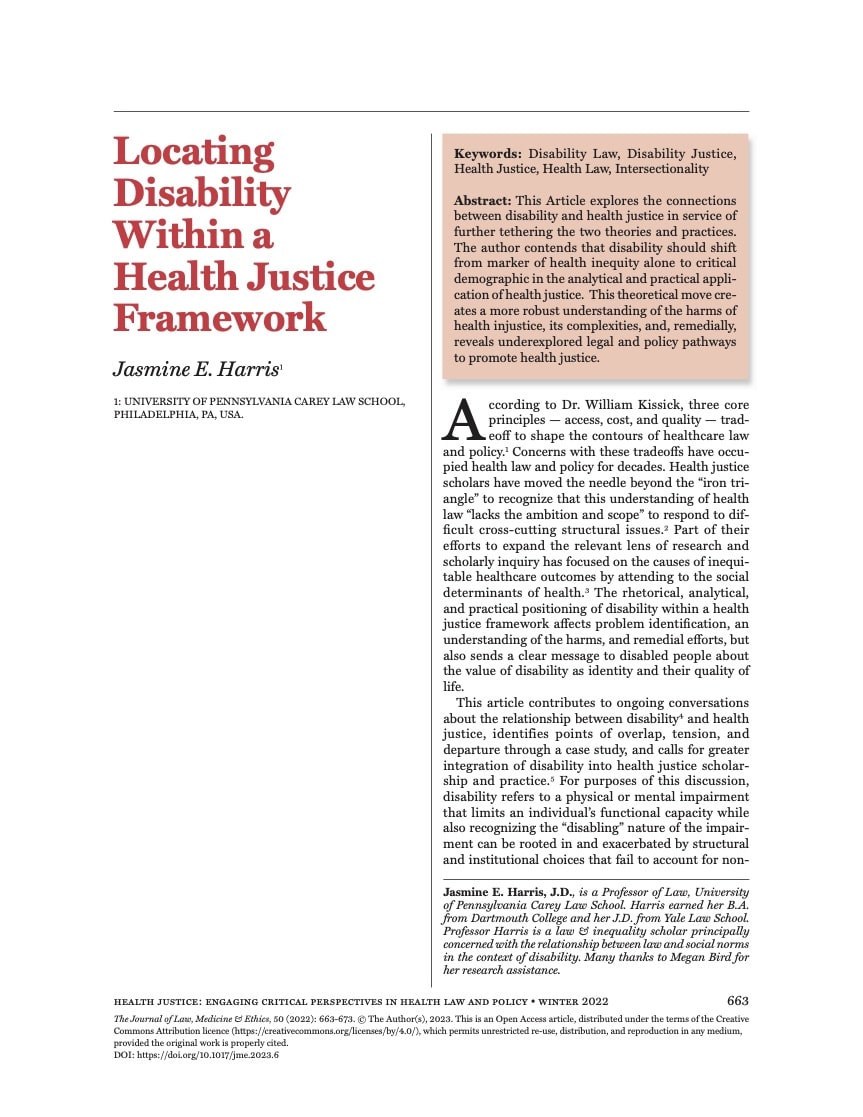
Locating Disability Within a Health Justice Framework
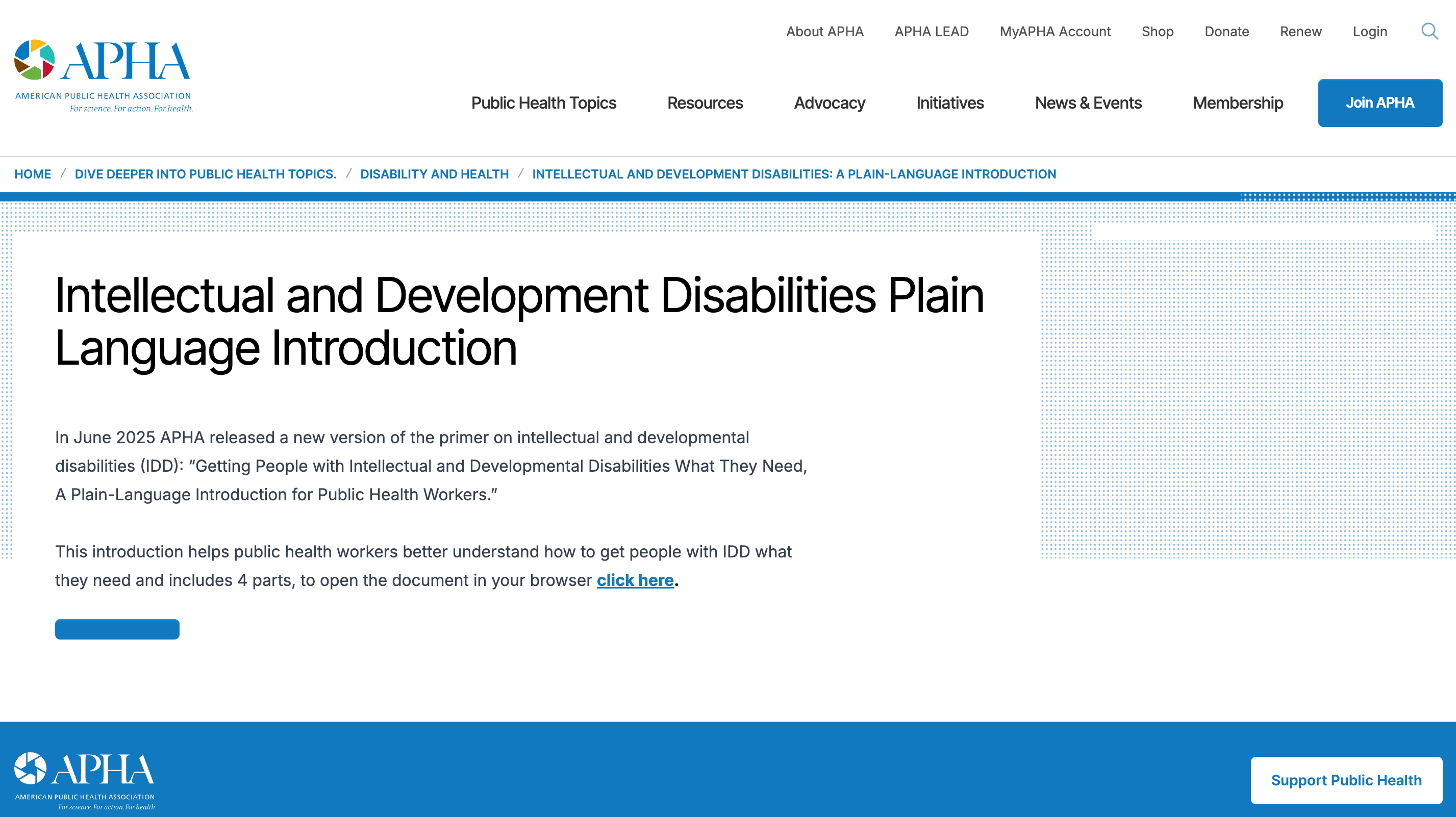
Intellectual and Development Disabilities Plain Language Introduction
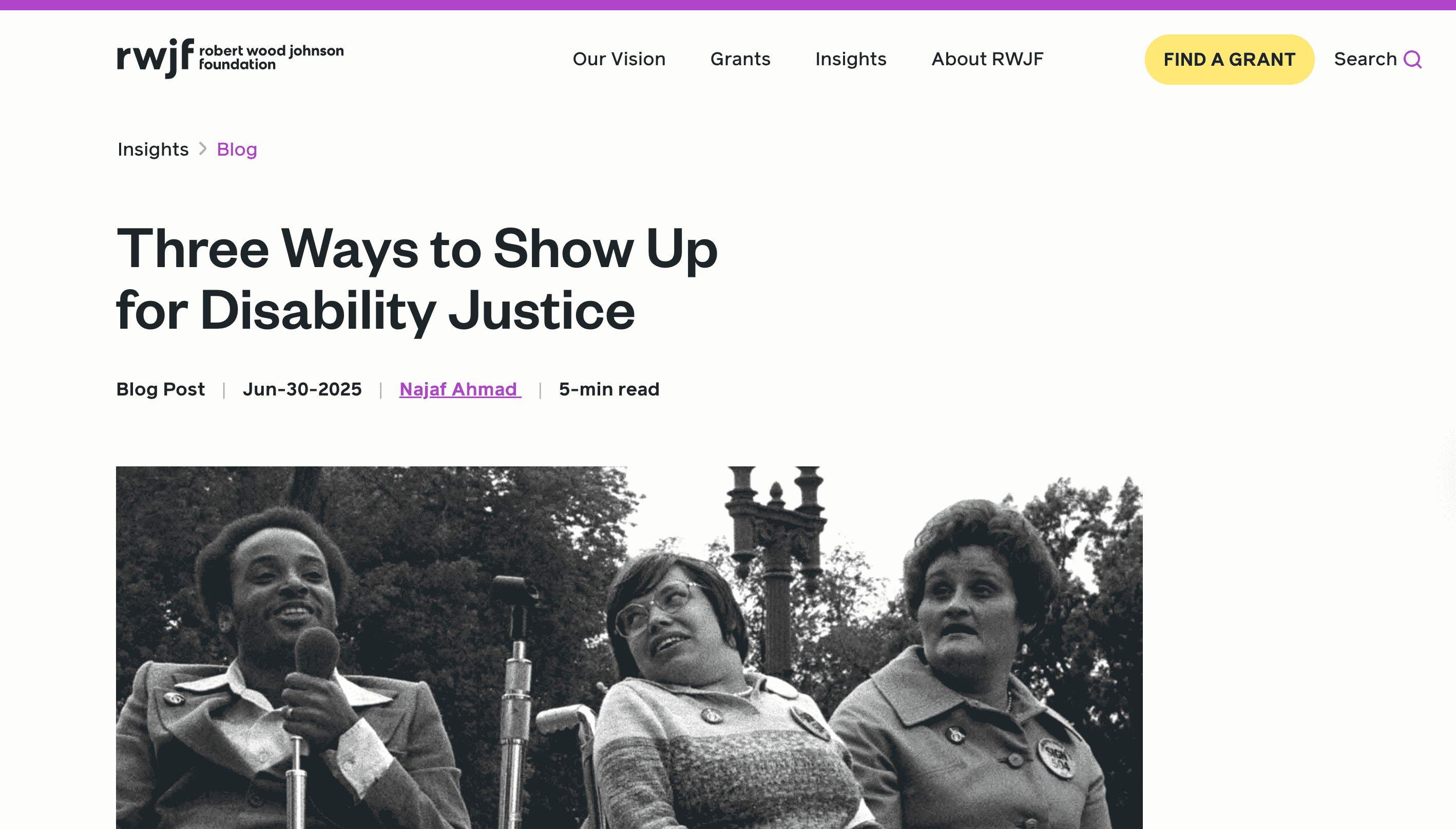
Three Ways to Show Up for Disability Justice

Justice Equity Diversity and Inclusion Organizational Action Toolkit

Una Exploración De Las Prácticas Individuales Y Colectivas Para Líderes Comunitarios En Tiempos De Transición

Five Dimensions Toolkit: Resources for Working with the Five Dimensions of Inside-Outside Strategy

Las Cinco Dimensiones de la Estrategia Adentro-Afuera: Una Guía para que Salud Pública y los Movimientos Sociales desarrollen Alianzas Poderosas

La Caja de Herramientas de las Cinco Dimensiones: Recursos para trabajar con Las Cinco Dimensiones de la Estrategia Adentro-Afuera

Protecting the Health of People with Disabilities

Advancing Racial Equity Webinar

Building a Network for Public Health and Equity: Building Trust

The Five Dimensions of Inside-Outside Strategy: A Guide for Public Health and Social Movements to Build Powerful Partnerships

Letters to Congress and Federal Agencies

Advocacy For Public Health: Testimony, Comments and Briefs

Freedom is a Constant Struggle: Ferguson, Palestine, and the Foundations of a Movement

An Exploration of Individual and Collective Practices For Community-Based Leaders in Times of Transition
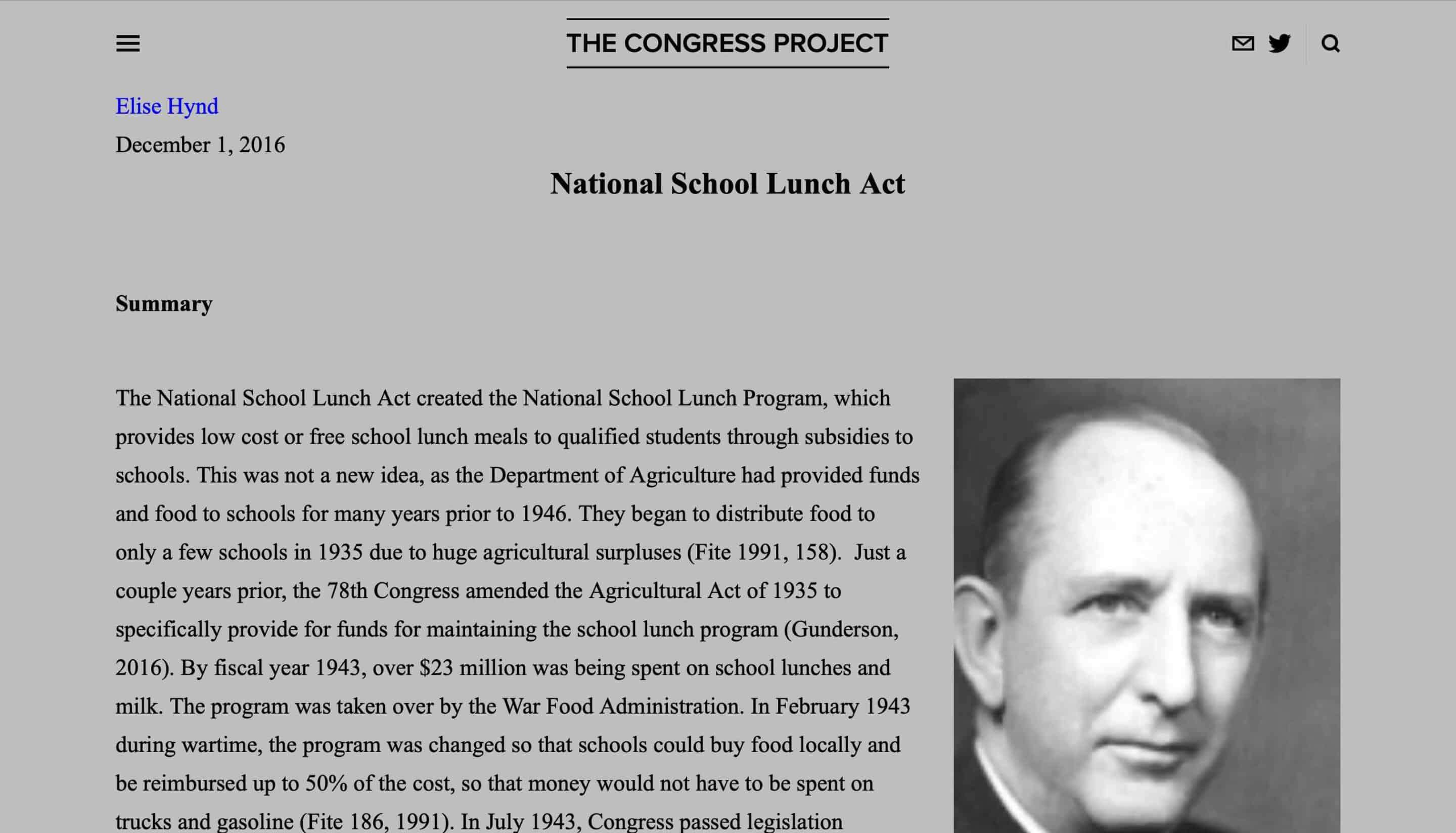
National School Lunch Act
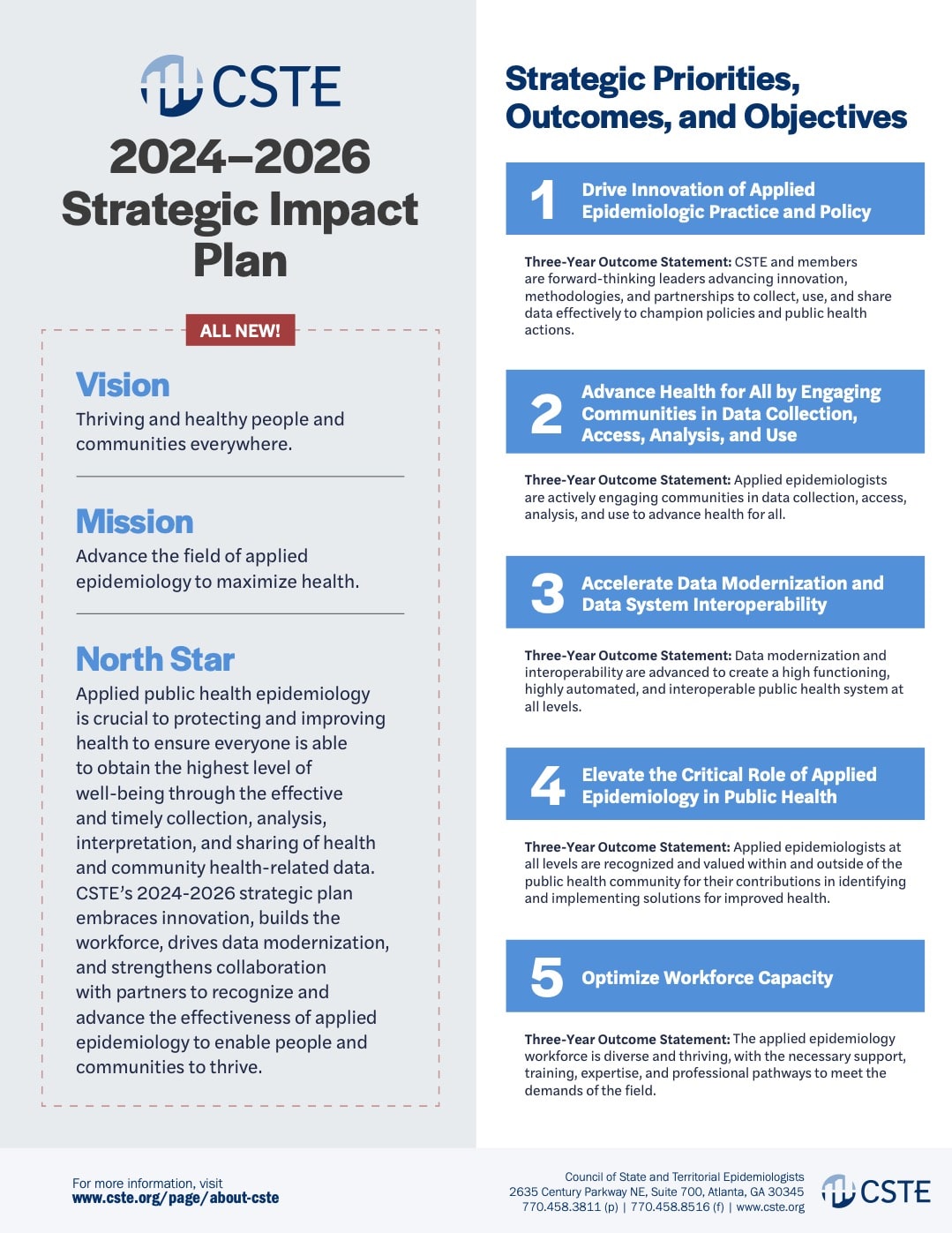
Council of State and Territorial Epidemiologists (CSTE): 2024–2026 Strategic Impact Plan

COVID-19 Health Equity Technical Assistance
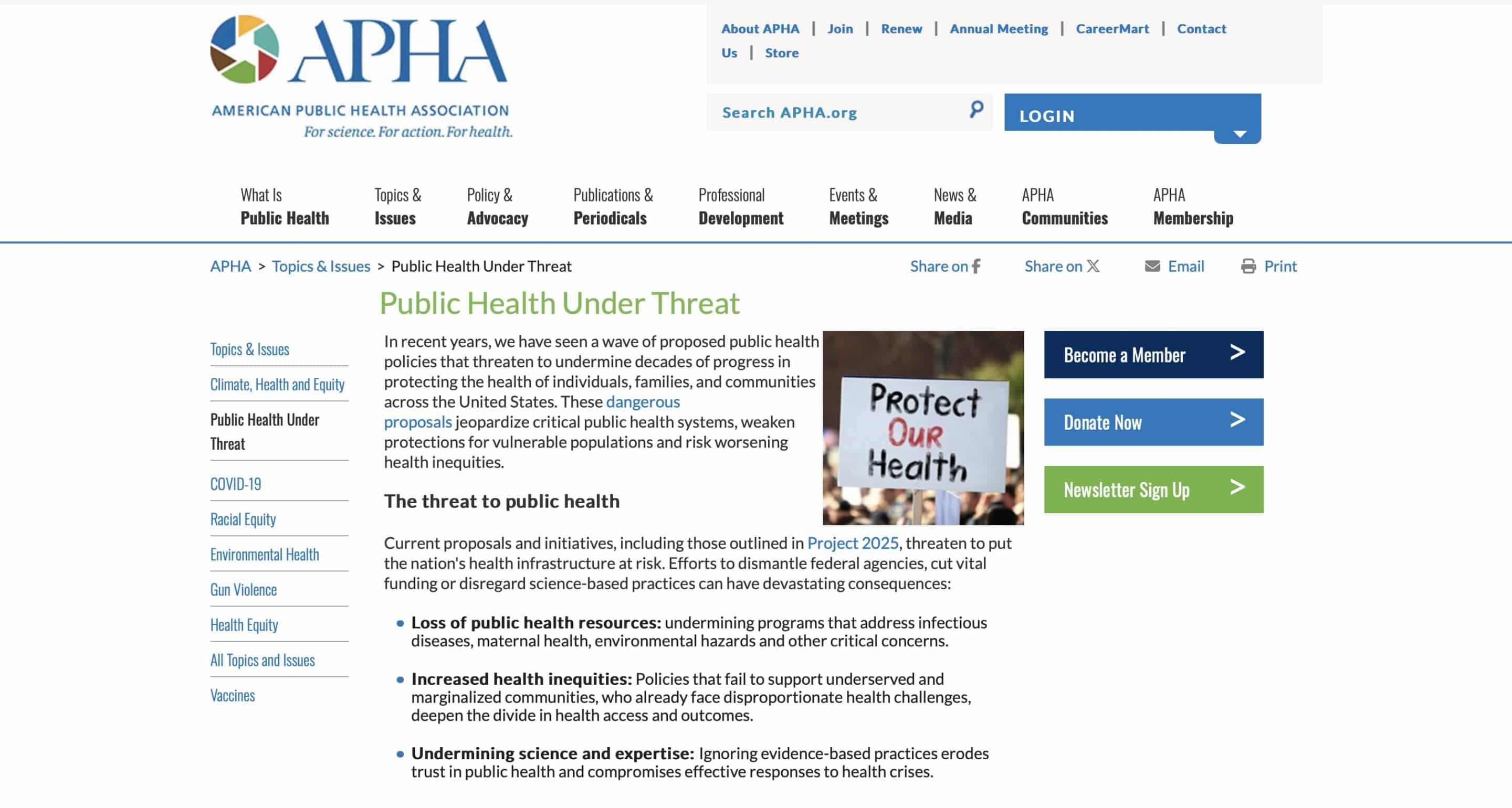
American Public Health Association: Public Health Under Threat
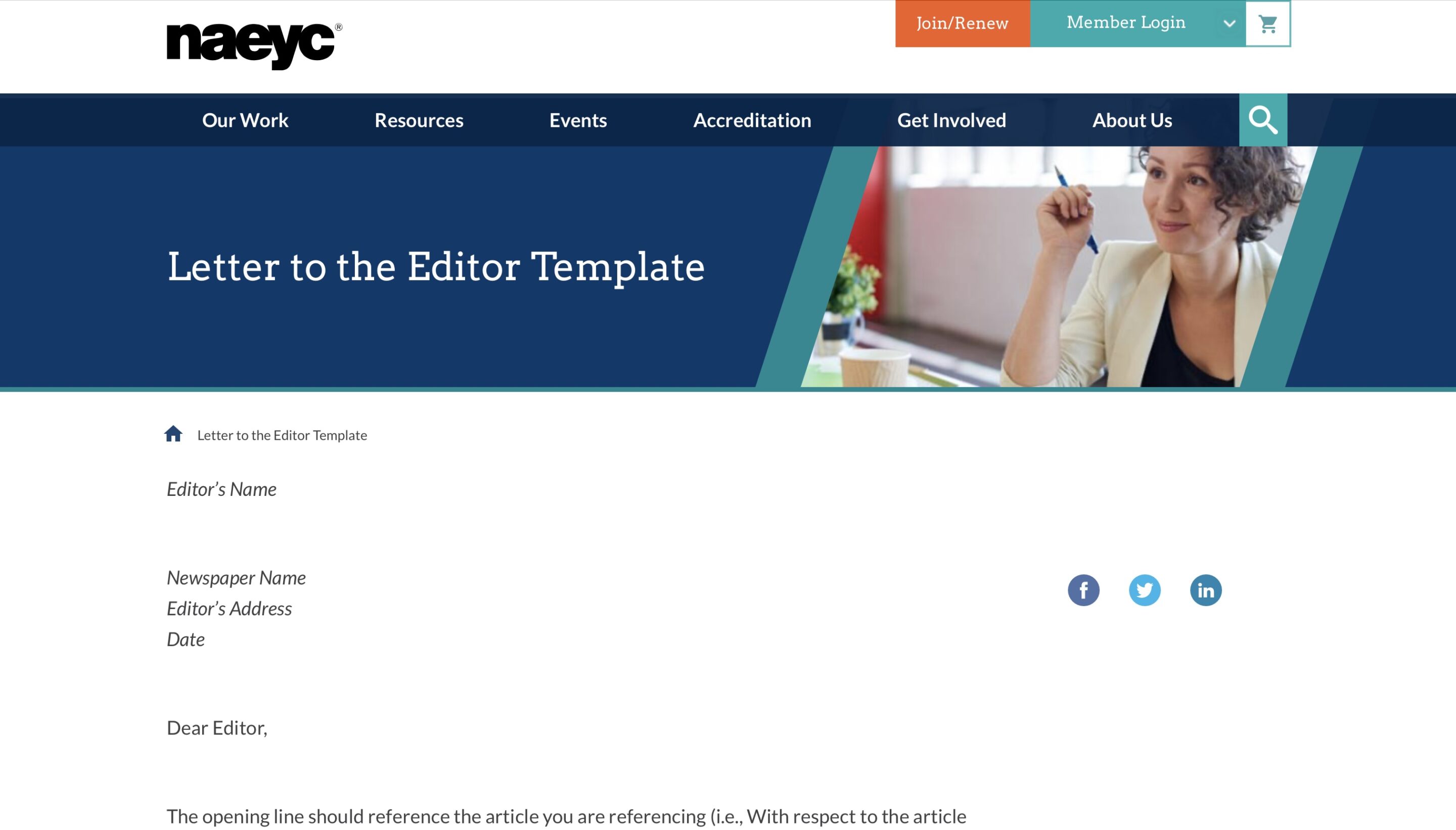
Letter to the Editor Template
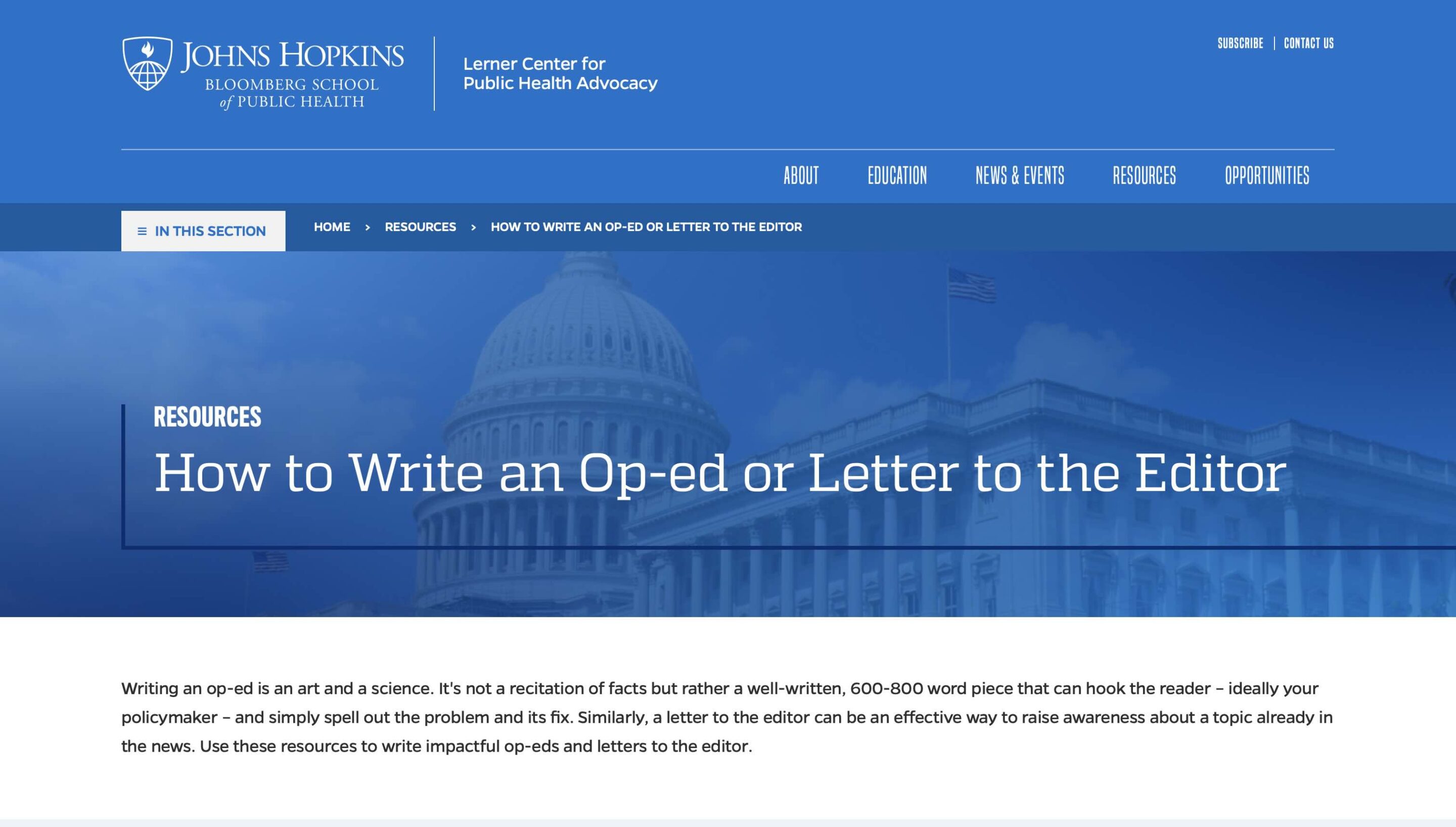
How to Write an Op-ed or Letter to the Edit
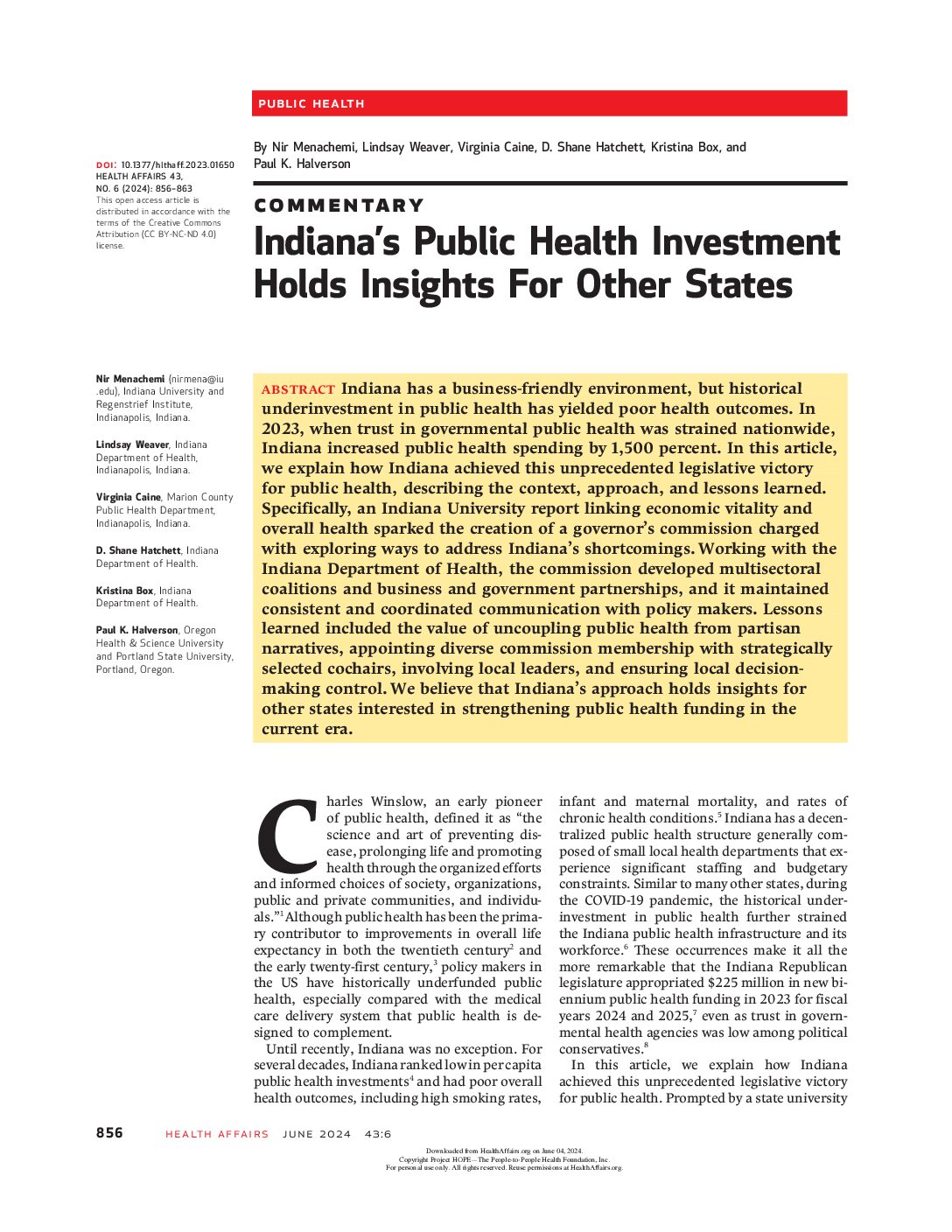
Indiana’s Public Health Investment Holds Insights For Other States
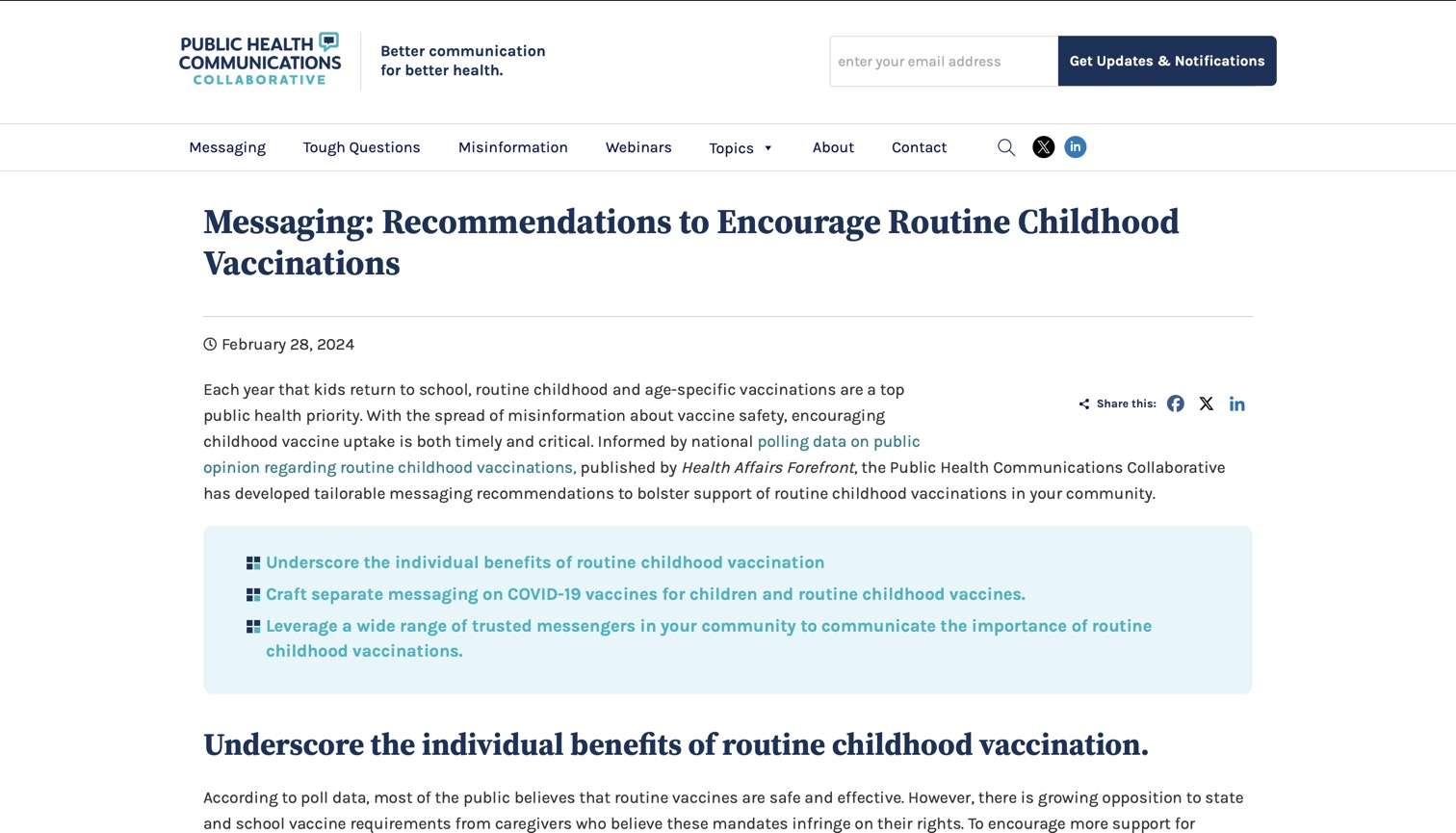
Messaging: Recommendations to Encourage Routine Childhood Vaccinations
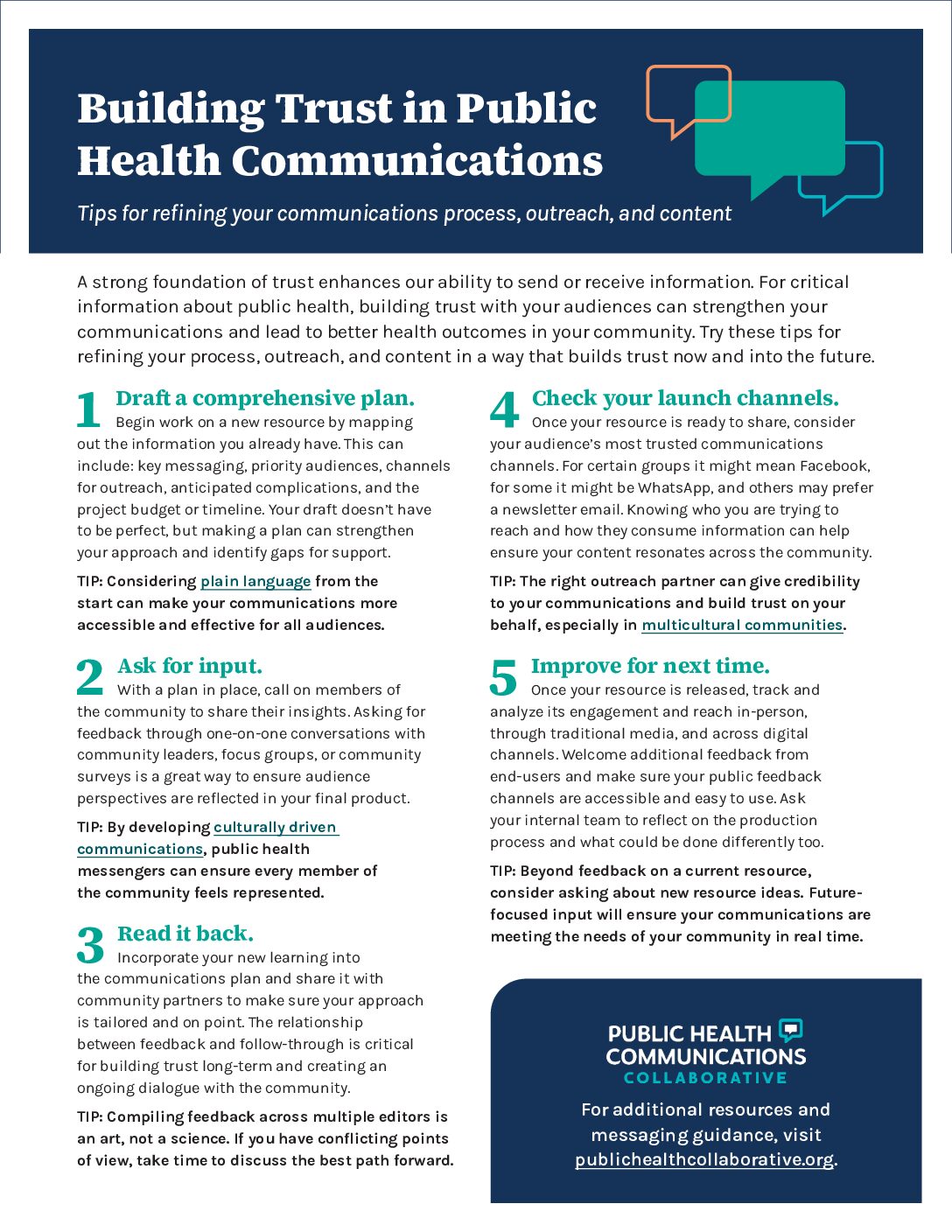
Building Trust in Public Health Communications
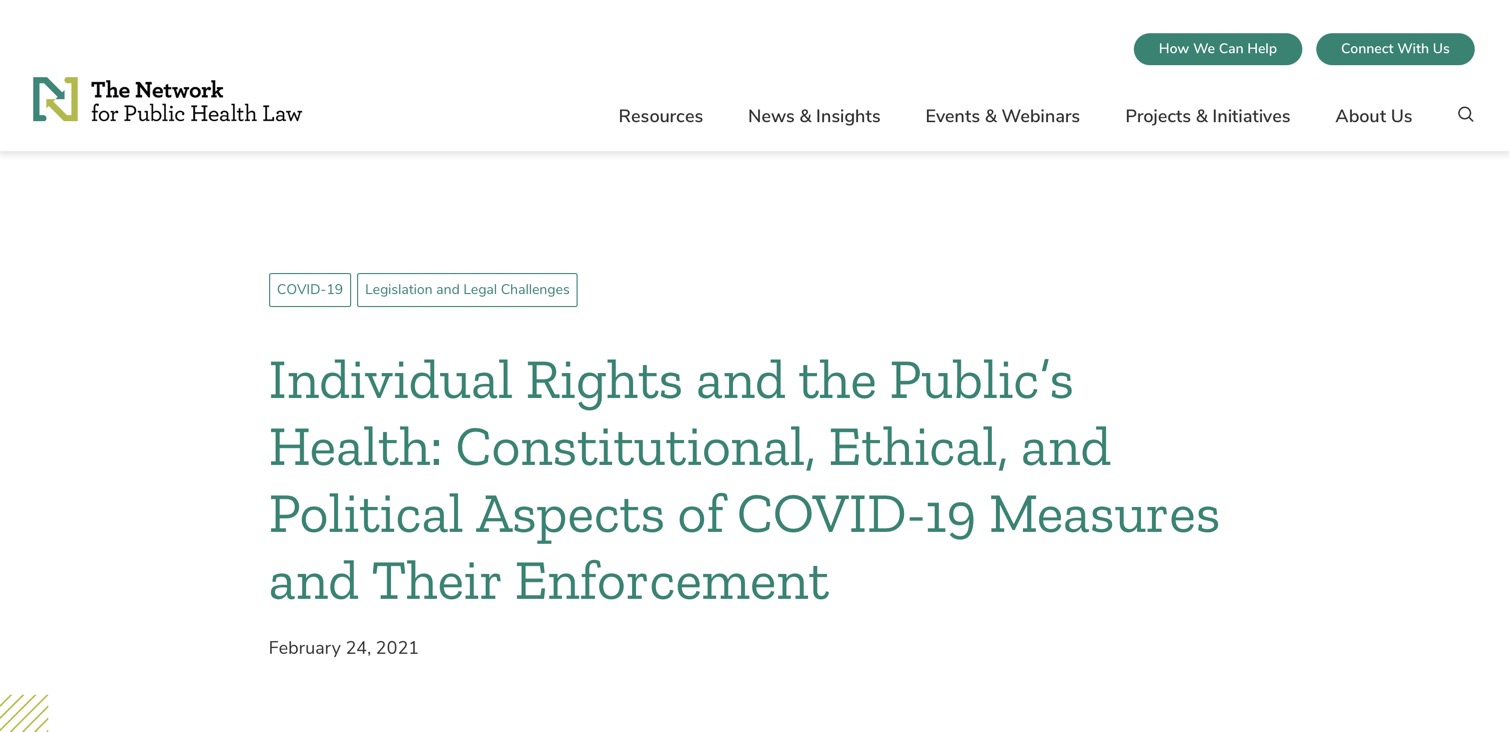
Individual Rights and the Public’s Health: Constitutional, Ethical, and Political Aspects of COVID-19 Measures and Their Enforcement

Coalition for Trust in Health & Science: Resources

The Principles of Trustworthiness Toolkit

We Can Do This

Communications Tool: Plain Language for Public Health

Building Family Confidence in the COVID-19 Vaccine: Framing Strategies for School Nurses

Building the CDC the Country Needs

Will America’s Public Health Reckoning Ever Come?

Public Health Agencies Try To Restore Trust As They Fight Misinformation

Vaccinate for All: Resources for Champions

CDC Moving Forward Summary Report

Communications Tool: Building Bridges

Answers to Tough Questions About Public Health

Creating a Welcoming and Accessible Vaccination Site

Meeting America’s Public Health Challenge

Trusted Voices for COVID-19: Engaging Community Leaders To Overcome Vaccine Hesitancy

Engaging With Communities – Lessons (Re)Learned From COVID-19

Vaccinating Black Californians Through Faith Communities

Taking Back Control: a Resetting of America’s Response to Covid-19

CDC Webinar-Strengthening Vaccine Confidence in Pediatric and Family Practice Offices During the COVID-19 Pandemic

How to Earn COVID-19 Vaccine Confidence? Build Trust

Clear communication key to fostering trust in COVID-19 guidance

Building a More Inclusive Internet, Beyond COVID-19

How Physicians Can Build Trust in COVID-19 Vaccines

Lessons from the Field: Building Organizational Resiliency to Deliver High-Value Care in Time of COVID

The Future of Public Health: A Synthesis Report for the Field

Decline in Trust in the Centers for Disease Control and Prevention During the COVID-19 Pandemic

Coronavirus Rumor Control

Coronavirus Disease (COVID-19) Advice for the Public: Mythbusters

COVID-19 Resources for Community Leaders and Health Professionals

Trustworthiness and Equity: Establishing Trustworthiness When Conducting Research in COVID-19 Testing

Invest in Trust: A Guide for Building COVID-19 Vaccine Trust and Increasing Vaccination Rates Among CNAs

Misinformation Alerts

Trust In The Age Of COVID-19: The Role Of Governments, Businesses And Unicef

Misinformation And Mistrust: Covid-19 Conversations On Race And Gender Equity

How State Health Departments Can Help Build Trust in Public Health and Promote Health Equity During Covid and Beyond

How To Ensure Vaccine Equity, Build Trust And Strengthen Global Health Systems

Public Health And Trust

Engaging Communities As Experts Throughout The Assessment Process

Policymakers And Health Systems Must Earn Trust Within Communities Of Color And Tribal Nations To Ensure COVID-19 Vaccine Receptivity, Say Health And Public Health Leaders

How Black Medical Experts Are Building Trust Within Black Communities About Vaccines

Building the Community Health Workforce of the Future, Presented by Partners in Health

Prioritizing Equity In COVID-19 Vaccinations: Perspectives From States And Public-Private Partnerships

Prioritizing Equity Video Series: Trustworthiness And Vaccines

Communication Strategies To Build Confidence And Trust In COVID-19 Vaccines

COVID-19 Vaccine: Trust And Communication

How Kaiser Permanente Fights Inequity In The Face Of COVID-19

Hesitancy, Equity, and Transparency: Rolling Out The COVID-19 Vaccine

Rebuilding Trust After COVID-19: U.S. Healthcare Experts Weigh In

Building Trust and Equity in Contact Tracing: Interview with Tracing Health’s Dr. Marta Induni

Building Public Trust For Public Health

Community Engagement During The COVID-19 Pandemic And Beyond: A Guide For Community-Based Organizations

Surveys Of Trust In The U.S. Health Care System
Building Trust In And Access To A Covid-19 Vaccine Within Communities Of Color And Tribal Nations

Community Engagement For COVID-19 Prevention And Control: A Rapid Evidence Synthesis

Racial Disparities In COVID-19 Vaccine Acceptance: Building Trust To Protect Nursing Home Staff And Residents

Health Equity and the Public Health Code of Ethics: Rebuilding Trust From the COVID-19 Pandemic

Building Trust In American Hospital-Community Development Projects: A Scoping Review

An Opportunity To Build Legitimacy And Trust In Public Institutions In The Time Of COVID-19

Build Trust in Digital Health

Enhancing Public Trust in COVID-19 Vaccination: The Role of Governments

Trust in Public Health Is Essential Amid the COVID-19 Pandemic

Developing And Maintaining Public Trust During And Post-COVID-19: Can We Apply A Model Developed For Responding To Food Scares?

Trust Is The Engine Of Change: A Conceptual Model For Trust Building In Health Systems

Building Public Trust: A Response To COVID-19 Vaccine Hesitancy Predicament

Building Community Trust To Improve Participation In COVID-19 Testing And Contact Tracing

How Do We Lead On Equity? Hint: Avoid A Routine Approach And Focus On Building Trust

Strategies For Public Engagement To Combat Mistrust And Build COVID-19 Vaccine Confidence

Addressing Vaccine Hesitancy By Creating A Circle Of Trust

Closing COVID-19 Equity Gaps In Schools

Building Trust In COVID-19 Vaccines in Communities of Color Through Community Investment

Leveraging Trust in Primary Care to Promote Behavior Change During COVID-19

Coronavirus Vaccines: Health Experts Identify Ways To Build Public Trust

Public Health, Public Trust, And Faith Communities

Why Trust Is Vital To Public Health Strategy

Enhancing Public Trust And Health With COVID-19 Vaccination

Leadership In COVID-19: Building Public Trust Is Key

Why Building Trust in Vaccines Is Good for Protecting Public Health

Building Organizational Trust During A Pandemic

Building Back Trust In Science And America’s Public Health Agencies

5 Things You Can Do To Build Trust In COVID-19 Vaccines

Bring ‘Sources Of Healing’ To The Community: Building Confidence In COVID-19 Vaccines

Building Trust: COVID-19 Vaccine Protection For The Black Community

Lessons From Journalists on Building Trust With Local Communities During Crises

To Make Progress, Focus On Building Trust

Building Trust: Resources

Race and the Patient-Physician Relationship in 2021

Vaccinating Black Californians Through Faith Communities

Infographic: Top COVID-19 Resources for CHWs

CHWs in the Black Community in the Age of COVID-19: Frontline and Essential Responders

Carrying Equity in COVID-19 Vaccination Forward: Guidance Informed by Communities of Color

New Data on COVID-19 Transmission by Vaccinated Individuals

Keys to the Navajo Nation’s COVID-19 Vaccination Success

The Antidote to Vaccine Hesitancy

Zip Code Level Visualization of Vaccine Intention

The Importance of Crisis Communications in Public Health

COVID-19 Community Corps In-Language Resource Guide

AMA, Ad Council COVID-19 Resources to Boost Vaccine Confidence

Continuing to Lead With Empathy on COVID-19 Vaccine Education

6 Ways to Educate Rural Communities About the COVID-19 Vaccines

COVID-19 APHA in the News

COVIDGuia.org

Webinars – NACCHO

Supporting Equitable COVID-19 Vaccine Education
Communications Toolkit for COVID Data Tracker

Resources to Promote the COVID-19 Vaccine for Children and Teens

Webinar: Public Health Communications Collaborative, Oct. 1, 2020

US Public Health Meets COVID-19 Head-on: Pandemic Squeezes Long-underfunded Public Health System

COVID-19 Surveillance Data: A Primer for Epidemiology and Data Science

Language Choice about COVID-19 Vaccines Can Save Lives

Focus Group Participants Reveal How They Overcame Doubts about COVID Vaccines

Tools for Building Institutional Trust

Insights – Building Trust

Webinars – Building Trust

Trust Practices

Implementation of a COVID-19 Mass Vaccination Clinic to College Students in Montana

Coronavirus and Latino Health Equity

Messaging Resources

Building Trust in and Access to a COVID-19 Vaccine Within Communities of Color and Tribal Nations: A Framework for Action Convening

Webinar: Overcoming Barriers To Equitable And Effective COVID-19 Vaccine Distribution

COVID-19 Vaccine Resources for Community-Based Workforces

COVID-19 Vaccine Equity Toolkit

Enhancing Influenza and COVID19 Vaccine Uptake

Webinar: Communication Strategies to Build Confidence and Trust in COVID-19 Vaccines

Case Study: Successful COVID-19 Messaging in Rural Communities

Grassroots Efforts in Southwest Kansas Educate Refugee Communities about COVID-19

Vaccine Hesitancy Impacts on State and Local Vaccine Planning

Why Debunking Misinformation Is Not Enough to Change People’s Minds About Vaccines

Building Trust in COVID-19 Vaccines and Beyond Through Authentic Community Investment

Ensuring COVID-19 Vaccine Access, Safety, and Utilization: Building Vaccination Confidence in Communities of Color

Achieving Vaccine Equity: Resources and Best Practices to Bringing Down Barriers

Changing the COVID Conversation

Vaccine Voices

Responding to COVID-19: A Science-Based Approach

Community Health Workers: Leading Alongside Communities to Advance Equitable Well-Being

Belonging and Civic Muscle
Related Topics
Public Health Authority
The authority to act to protect and promote the public's health has emerged over the course of our Nation’s history, and has enabled many of modern public health’s greatest achievements. Today, public health agencies use their authority to promote health, prevent the spread of infectious disease, protect against environmental hazards, advance equity and assure local public health infrastructure and health services. During declared emergencies, state and federal authorities have broader powers to act to assist governments, suspend or modify legal requirements, pass and enforce law and expend funds for the health, safety and welfare of society. Recently, some states have moved to limit public health powers. Such efforts pose a mounting challenge for public health’s response to COVID-19 and future threats.
